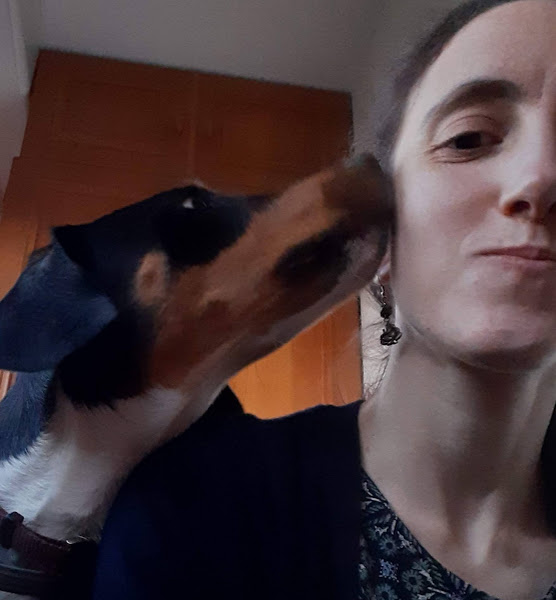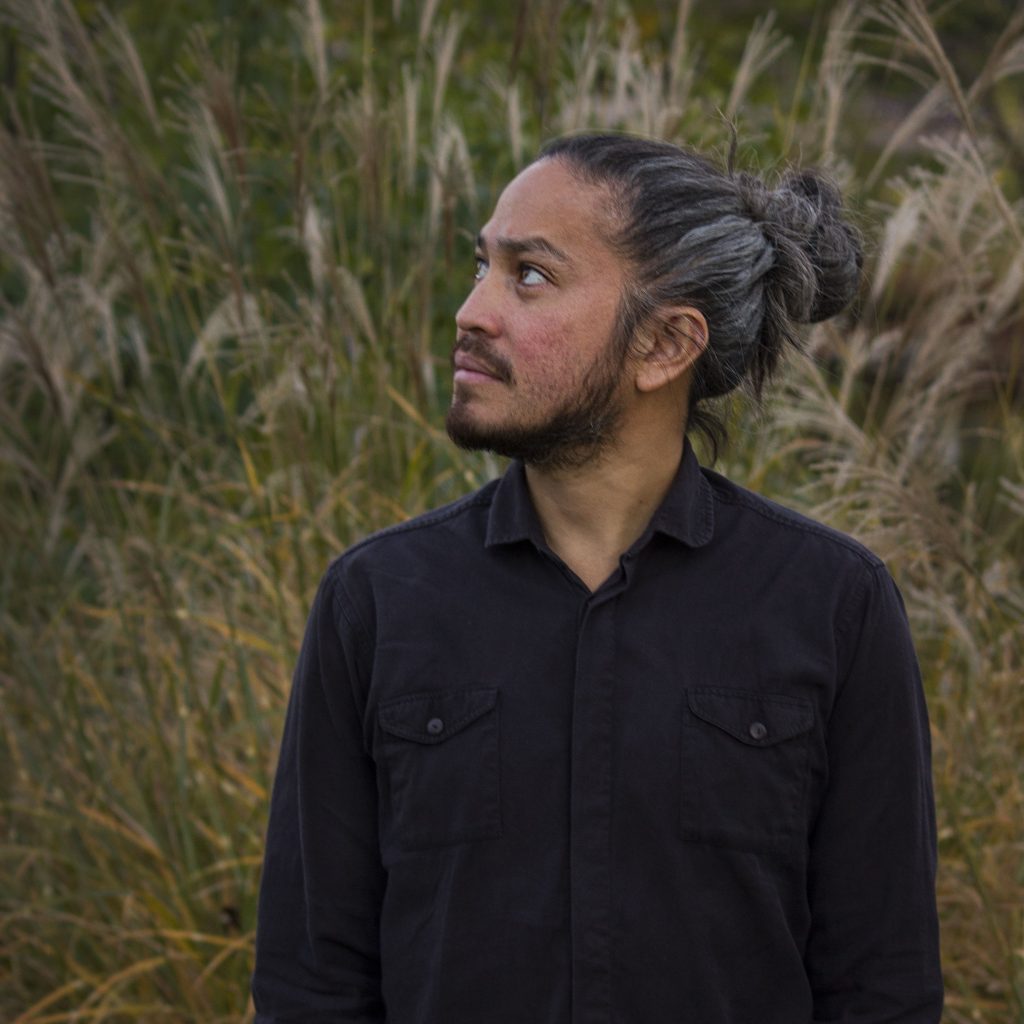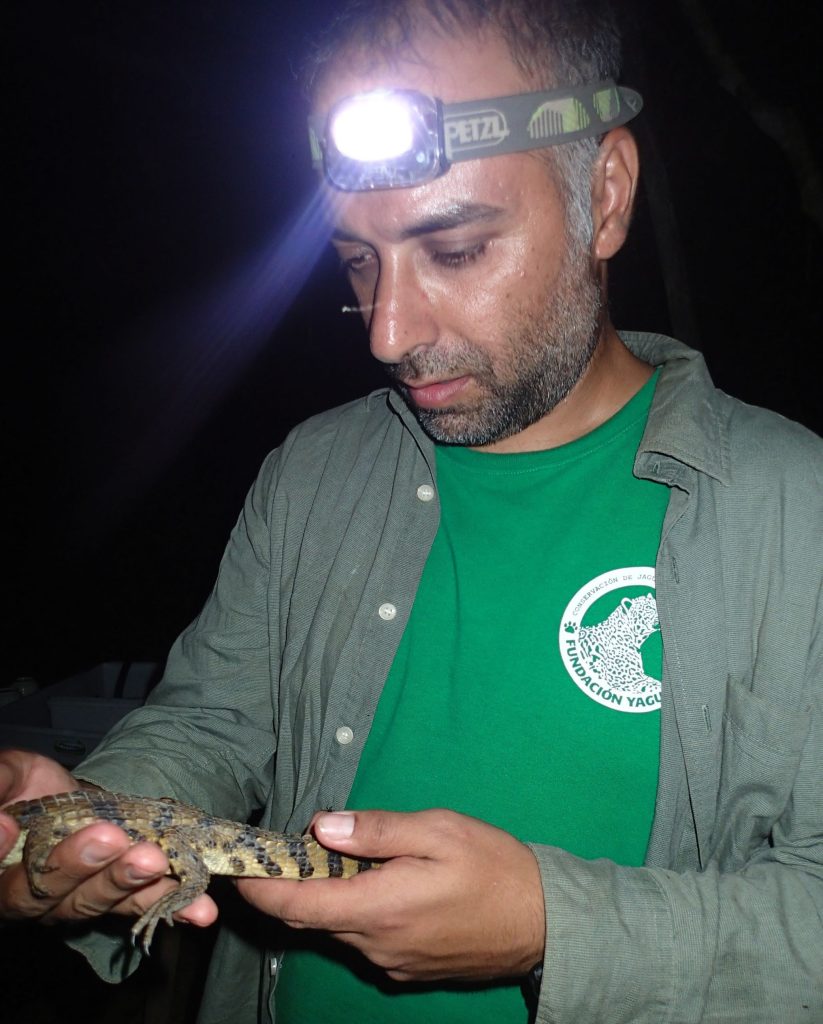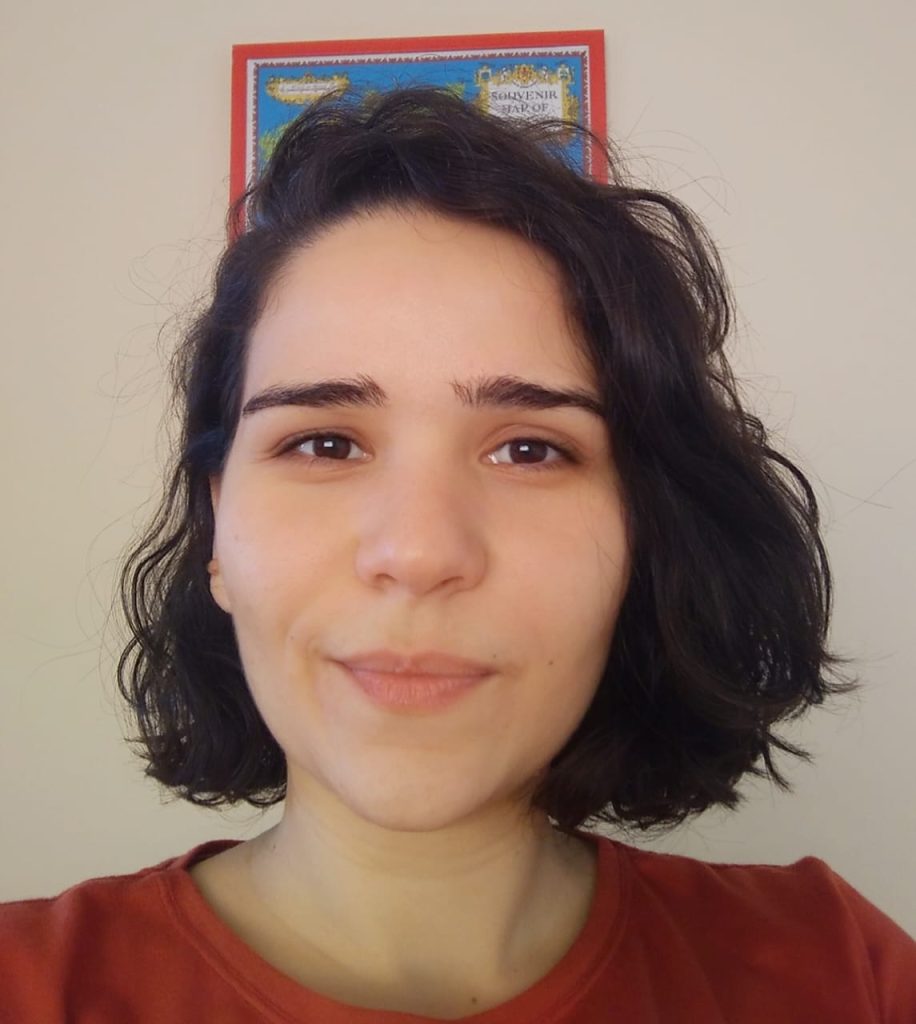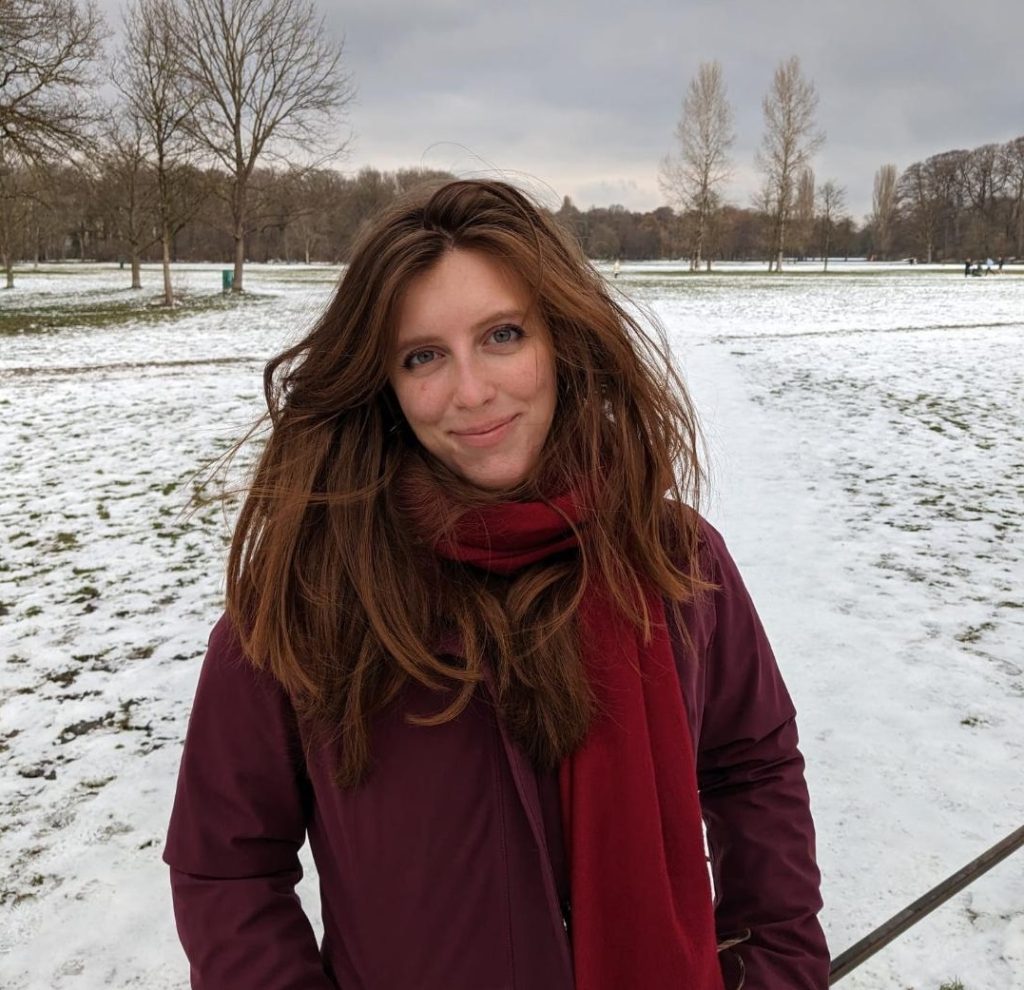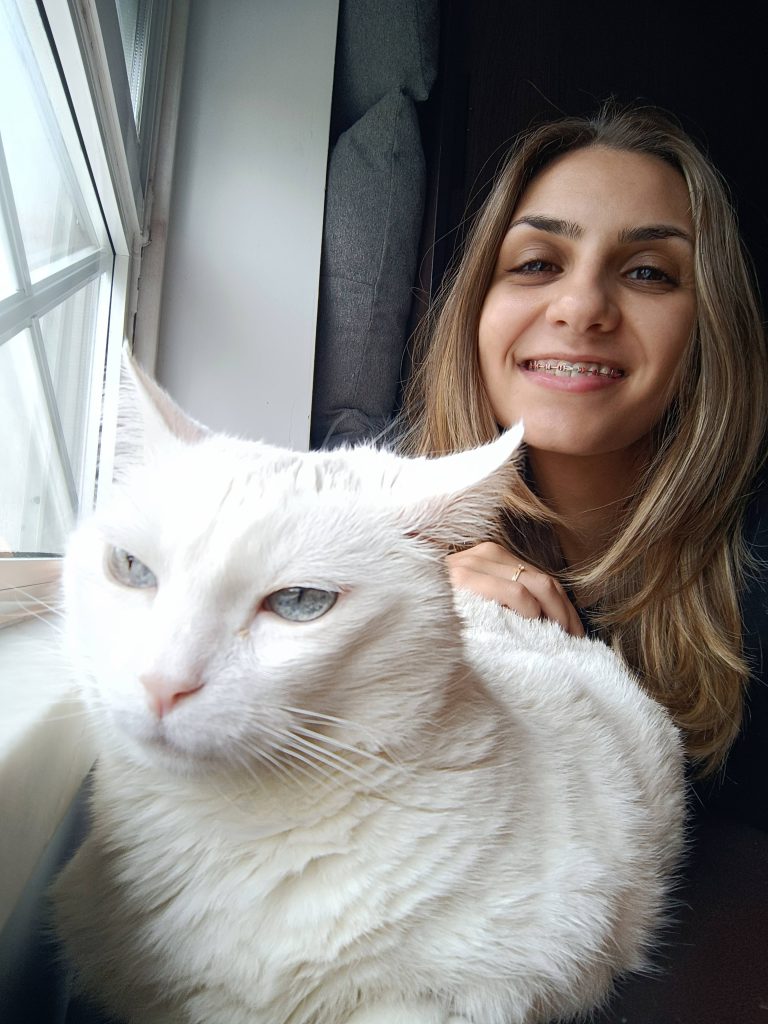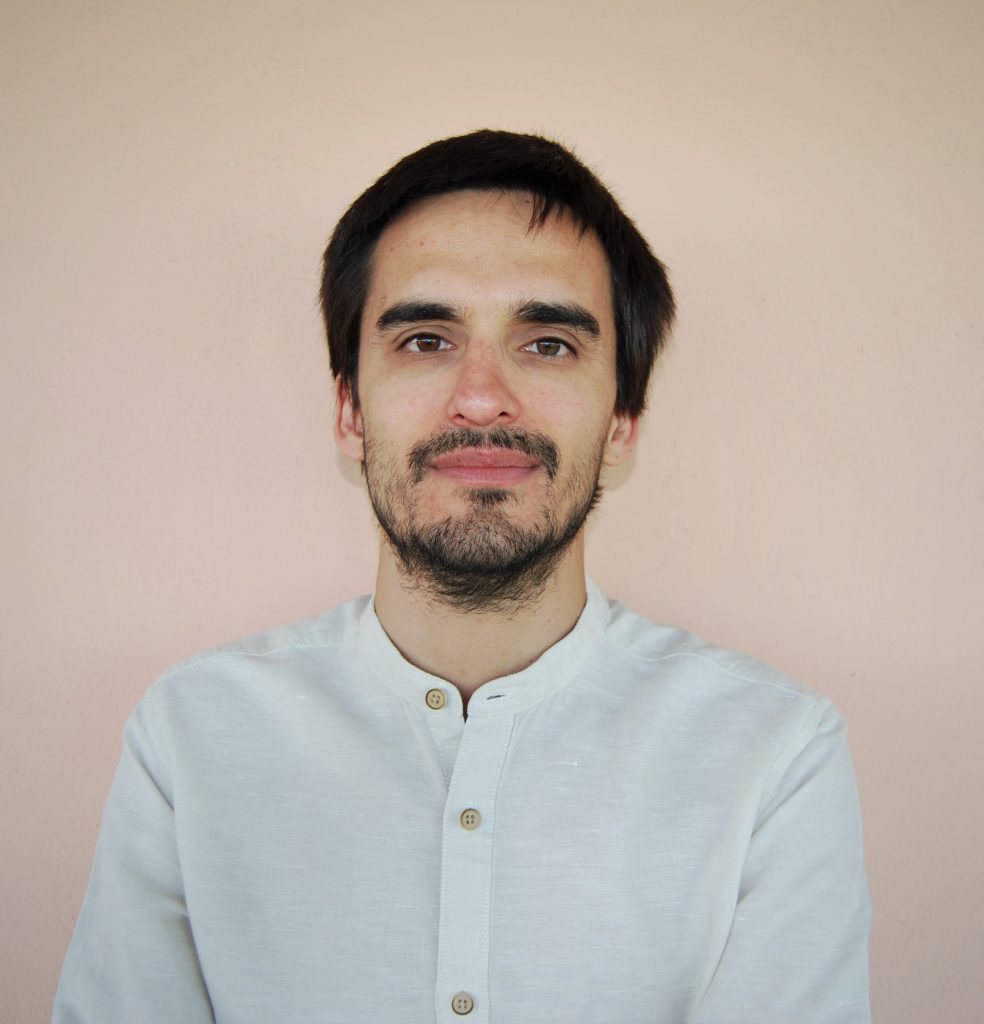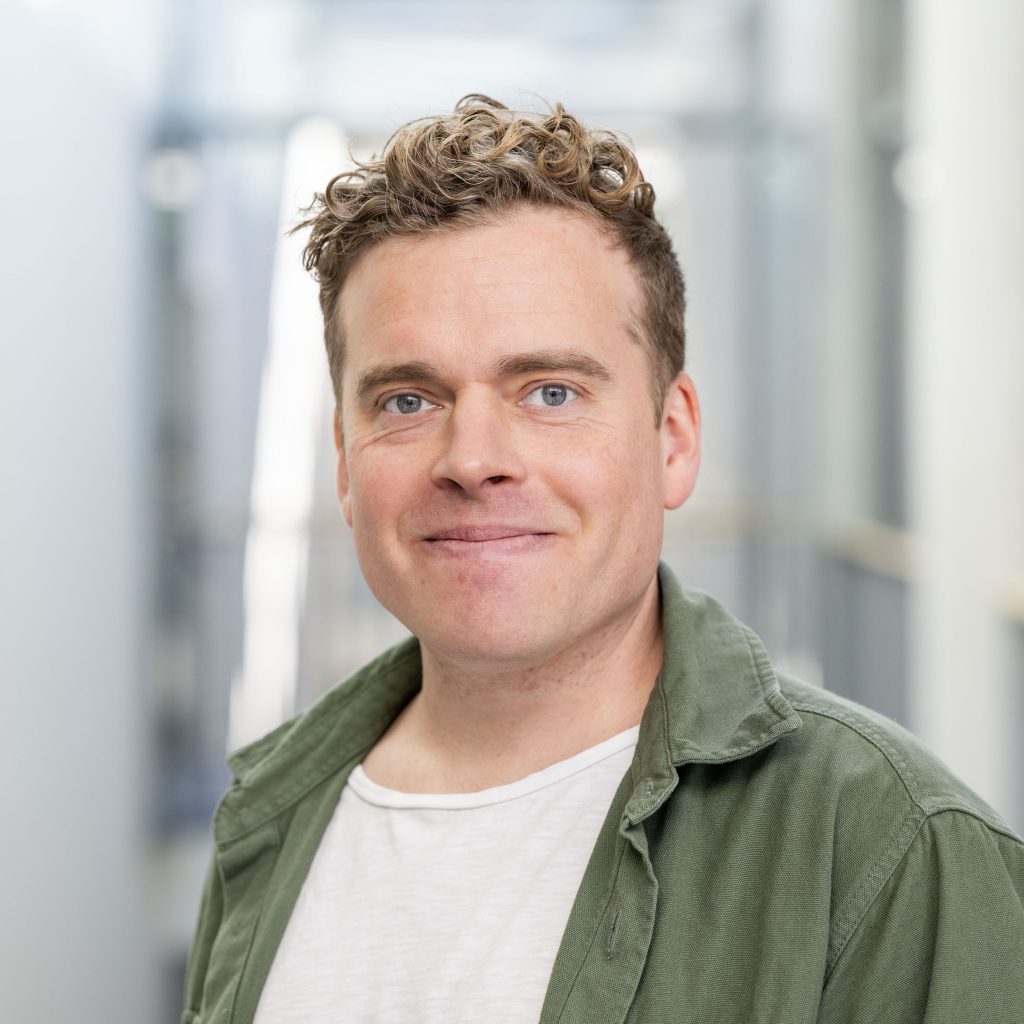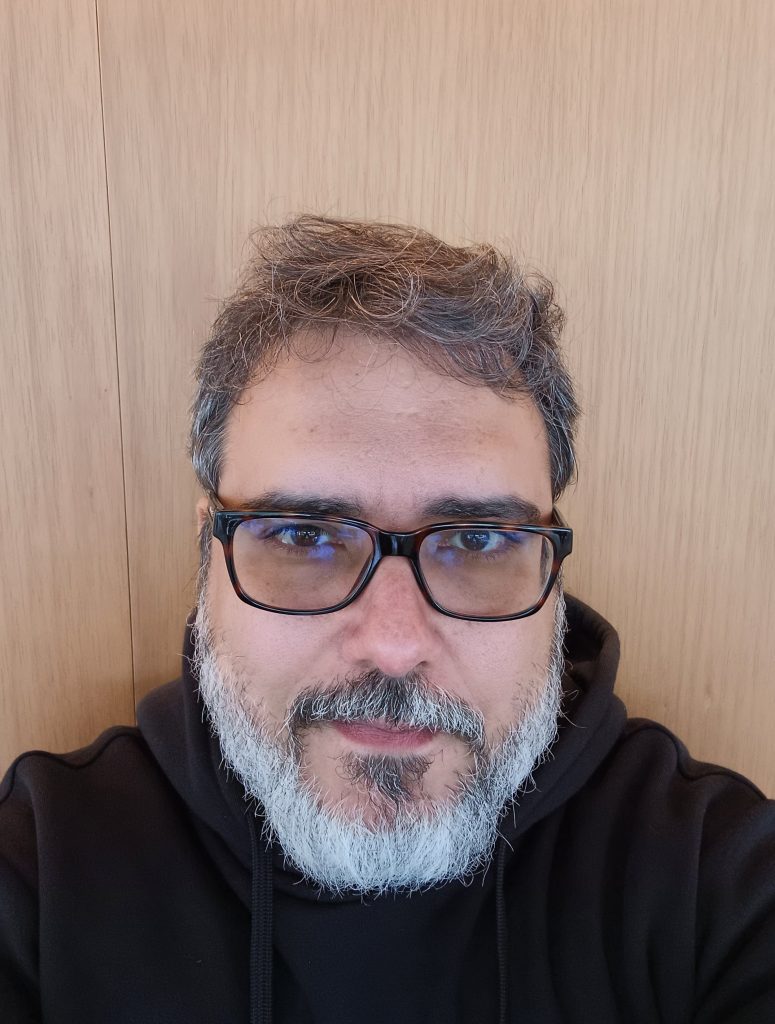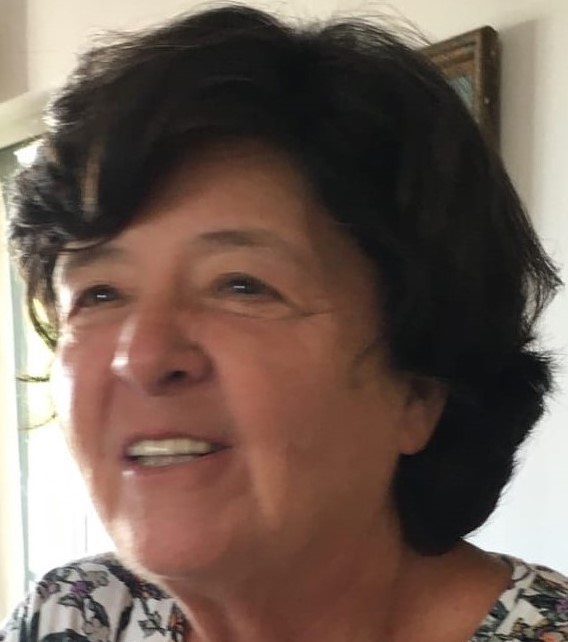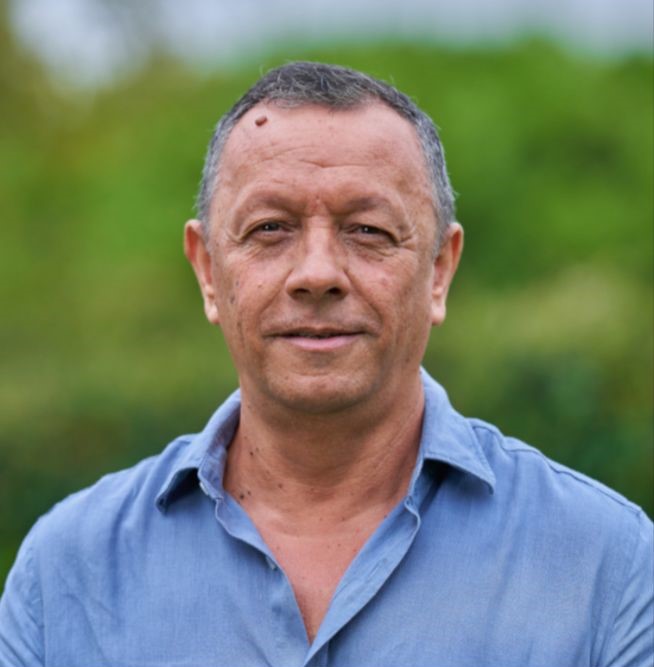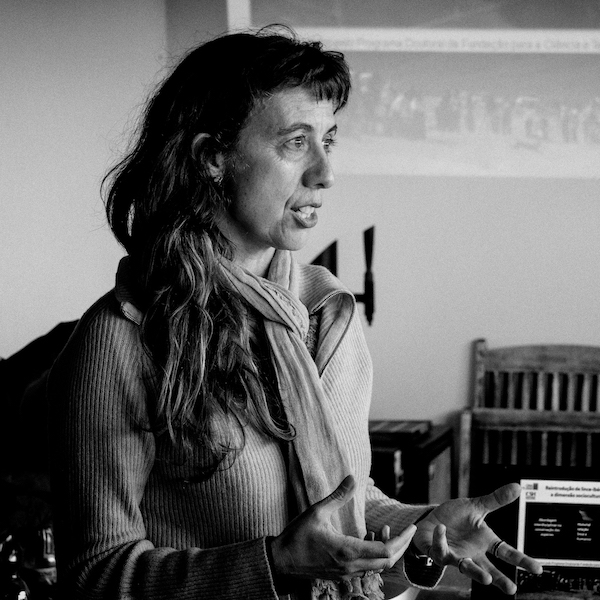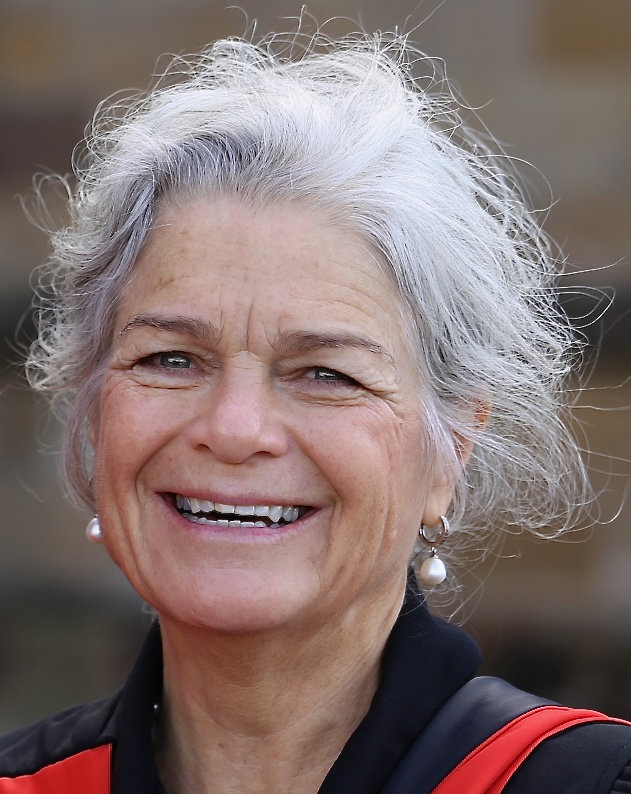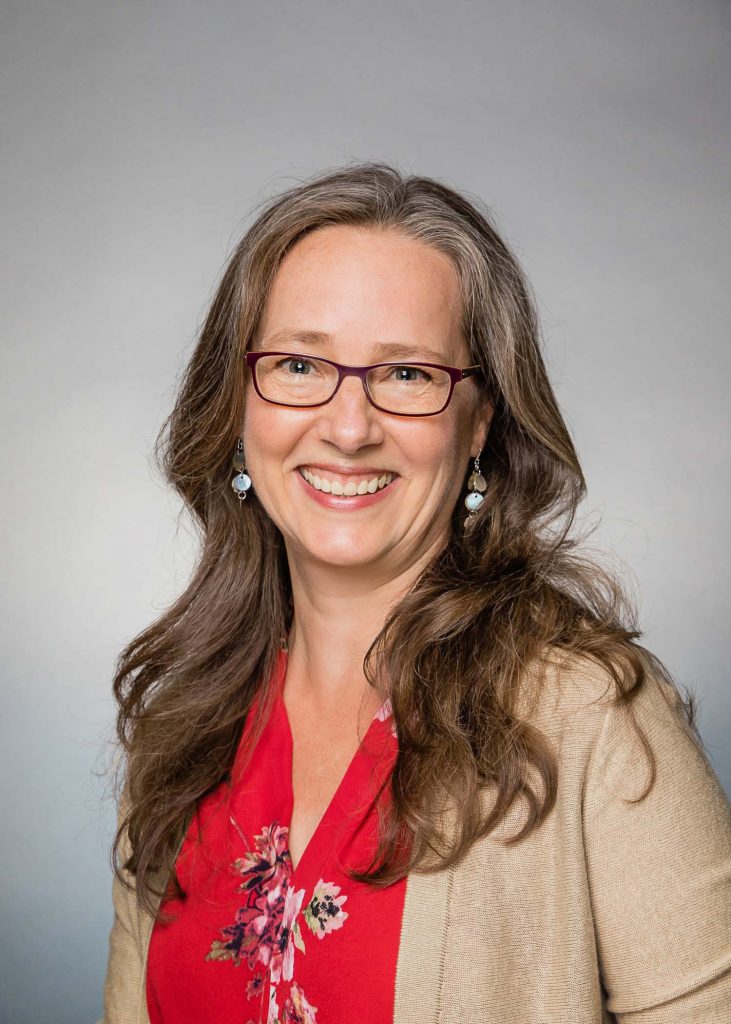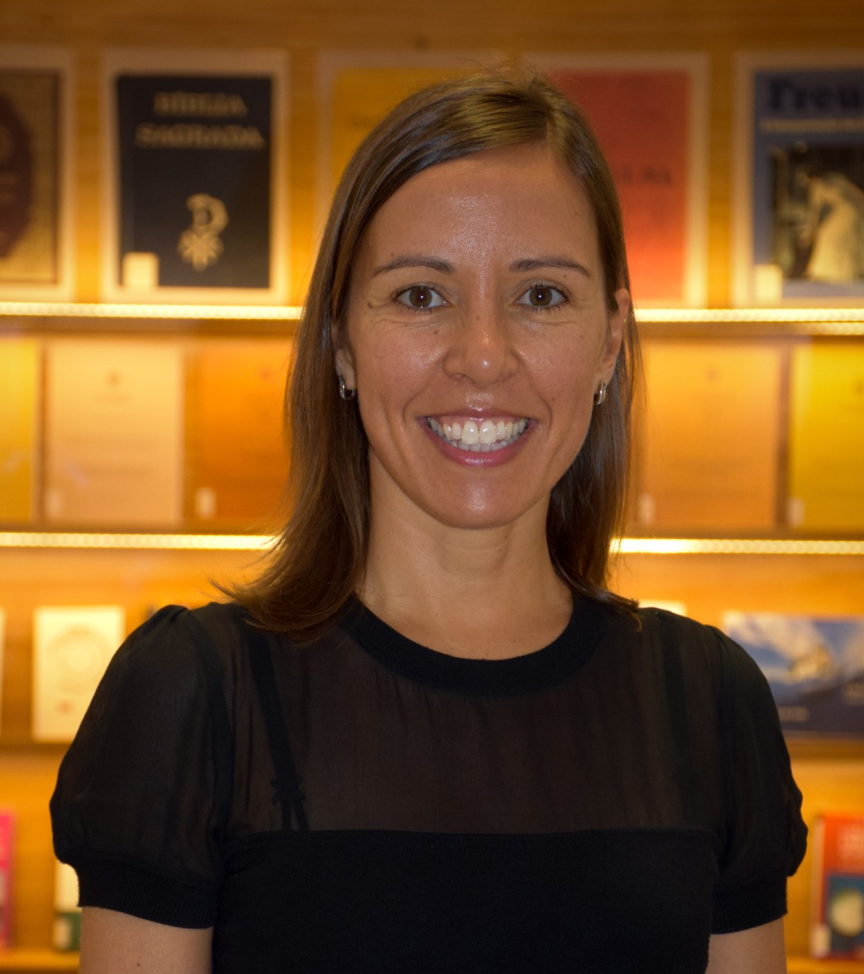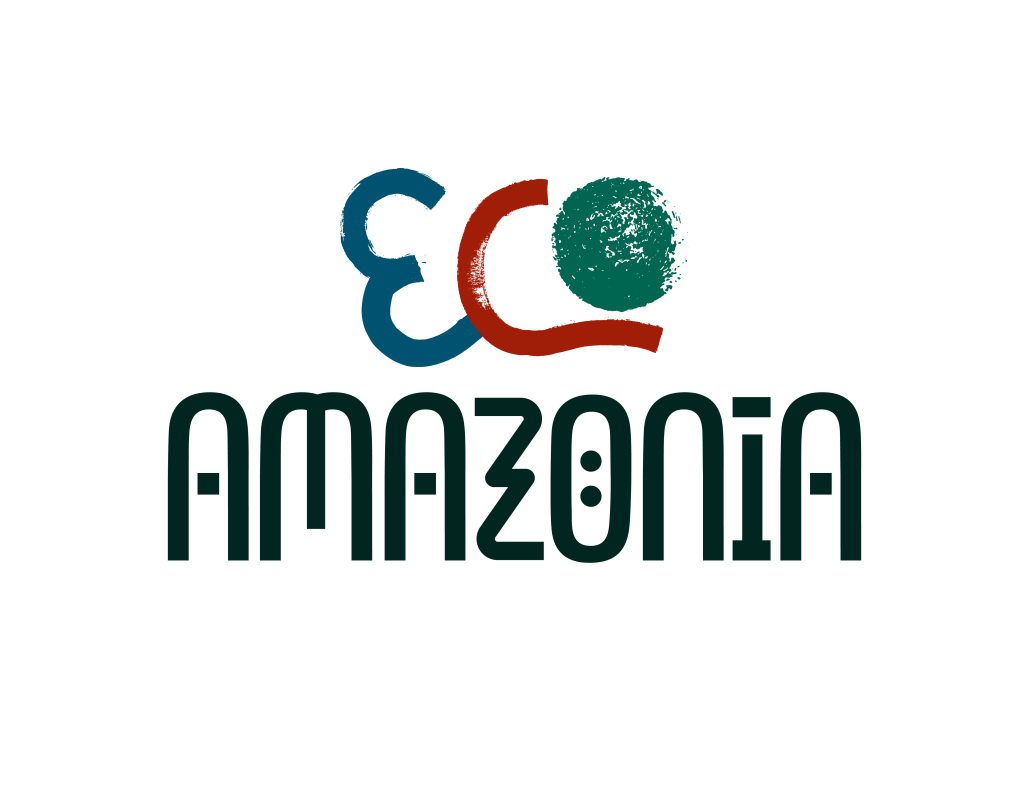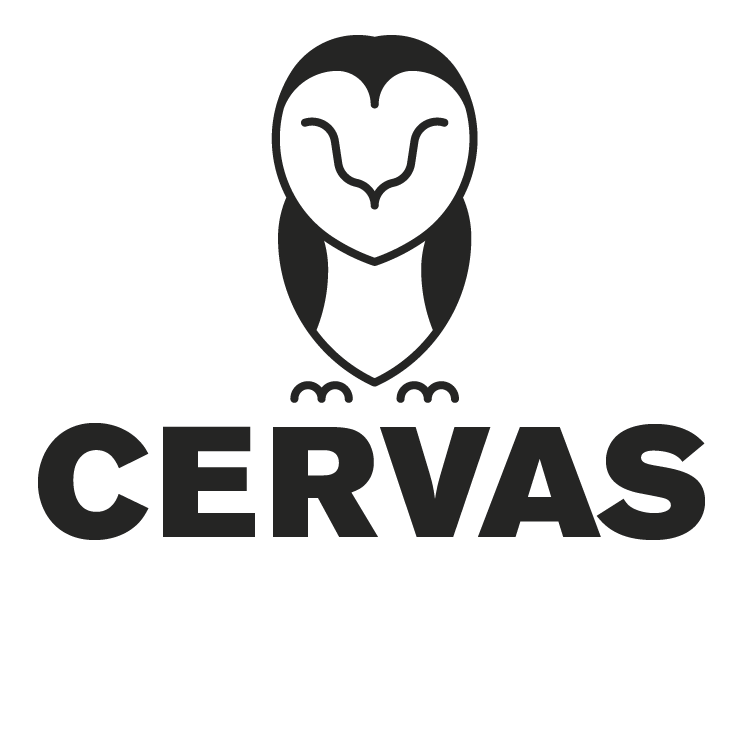ABIDE team
Our team is made of scholars from different theoretical and methodological backgrounds, joining at the table social and natural sciences: sociologists, anthropologists, geographers, conservation biologists, ecologists, multispecies ethnographers, artists. We aim at building an intellectual and emotional space where dialogue between disciplines is possible, where teamwork is guided by common goals, higher than ourselves and each one’s epistemological standings.
Principal Investigator Verónica Policarpo is a Senior Research Fellow at the Institute of Social Sciences, University of Lisbon, where she coordinates the Human-Animal Studies Hub and the the post-graduate course Animals and Society"Animais e Sociedade". In 2022 she was awarded an ERC Consolidator Grant with project ABIDE, to study how animals recover from disasters, in particular wildfires. Veronica holds a PhD in Social Sciences (Sociology) by ICS-ULisboa and her current research interests are focused on human-animal relationships. Former projects include: “Liminal Becomings: reframing human-animal relations in natural disasters”, on animals in disasters; and "CLAN: Children-Animals' Friendships: challenging boundaries between humans and non-humans in contemporary societies", on children and companion animals.
Filipa Soares has a PhD in Human Geography from the University of Oxford, and a BA and MA in Anthropology (New University of Lisbon). She is interested in the politics and dynamics of wildlife conservation and environmental management, more-than-human geographies, and human-nonhuman relations more broadly.
Filipa’s doctoral thesis explored the socio- and biopolitical implications of rewilding as a new way of conceiving and choreographing ecological disturbances, namely herbivory, in the UK. She has participated in many research projects on the sociocultural dimensions of the conservation of charismatic species (e.g., great predators, birds of prey, owls), and more recently on wildfire prevention in Portugal.
Kuai Shen is an artistic mediator of ant worlds who has a PhD in multispecies ethnography. His practice-led research employs technology-based performances and decolonial tactics to overturn conventional representations of ants within dominant research imaginaries. Kuai develops the concept of inverted aesthesis: the amplification of insect-human relations and sensorial abilities of invertebrates attuned to the more- than-human cultures, ecologies, and politics of indigenous ontologies.
His transversal work with ants has been published in the journals Society and Animals, Antennae, Art&Australia, Acoustic Space, and in the book Distributed Perception: Resonances and Axiologies. His artworks have been commissioned by Eli Broad Museum, FACT Liverpool, National Art Gallery Vilnius, House of Arts Brno, and the Quito Museum of contemporary art.
Nuno is a biologist with more than 20 years' professional experience developing projects in Portugal, Brazil, Bolivia, Paraguay, and Mozambique. He has worked on topics around the ecology and conservation of biodiversity (particularly mammals), human-wildlife conflicts, monitoring protected areas, community participation, science communication and environmental education.
Izadora holds a Ph.D. in Social Anthropology from the Federal University of São Carlos (UFSCAR).
She served as a visiting researcher at the University of St. Andrews. She was a collaborator at the Interdisciplinary Center for Socioenvironmental Research (NIISA), affiliated with the State University of Montes Claros. Currently, she is an associated researcher at LETS (Laboratory of Transpecific Ethnologies) and the Humanimalia Study Group (Anthropology of Human-Animal Relations), both at UFSCar. Since 2010, she has been conducting research with riverside populations (artisanal fishermen and seasonal workers) and quilombolas along the São Francisco River in the Northern region of the State of Minas Gerais, Brazil.
The focus of her research revolves around rural anthropology, the anthropology of Afro-Brazilian and traditional populations, as well as multispecies studies.
After completing a BA in Sociology at Sorbonne University, Chiara earned her MRes in Environmental Humanities at the School for Advanced Studies in the Social Sciences of Paris (EHESS). In 2023, she was an intern at the Rachel Carson Center for Environment and Society in Munich, and became co-editor of Arcadiana, a blog about literature, culture and the environment.
As of March 2024, she is a PhD student in Anthropology at the Institute of Social Sciences, University of Lisbon, and a member of the ABIDE team.
Her research interests are, among others, environmental anthropology, multispecies literature and storytelling.
Sara has a BSc in Sociology from Iscte - University Institute of Lisbon, where she is also currently finishing her master's degree in Communication, Culture and Information Technology. In 2022, she did an internship at the National Civil Engineering Laboratory (LNEC), where she worked on natural disasters associated with floods. Focused on the social dynamics occurring in the media and with an interest in deepening the relationship between humans and animals, in April 2024 she joined the ABIDE team.
Areas of interest: Media, Culture, Communication and Society.
Has a degree in biology from the University of the Algarve (UALG), and a voluntary and professional path (2011-2020) through various projects dedicated to nature conservation in Portugal, in the role of scientific research technician, fieldwork technician, handler, activity monitor and environmental educator.
With courses in collaboration and digital tools, entrepreneurship and business management, André has recently taken a career path in project management.
Scientific advisory board
Professor of Sociology and Criminology at the University of Sydney, and (Acting) Director of the Sydney Environment Institute. Danielle’s research focuses on Multispecies Justice, or how the concepts, practices, and institutionalization of justice needs transformation to consider ecological realities and the ethical standing of all Earth beings.
Associate Professor at the Division of Sociology, Mälardalen University, in Sweden. David has a wide interest in human-animal relations and has studied topics such as robotic cats, urban hunters, pet cemeteries, riding schools, and the Chihuahua’s symbolism in anglophone pop culture.
Associate Professor of Anthropology at the University of Oxford, in the UK. Eben is an expert in multispecies ethnography who has been investigating some of the most important stories of our time, related to biotechnology, the environment, and social justice, in Asia, the Pacific, and the Americas.
Associate Professor of Anthropology at the Federal University of São Carlos, in Brazil, where he coordinates the research group Humanimalia. Felipe’s research has centred on human-animal relations – ranging from hunting to animal husbandry, from trade to knowledge – in indigenous villages in the Brazilian Amazon, working with the Karitiana (Tupi-Arikém) and Puruborá (Tupi-Puruborá).
Associate Professor at the Department of Anthropology, University of Brasília, in Brazil, where he coordinates the Anthropology of Science and Technique Lab. Guilherme’s research focuses on the anthropology of science and technology, anthropology of natures, and human-nonhuman relations in Brazil.
Isabel Ferin Cunha graduated in History from the School of Arts and Humanities of the University of Lisbon (1974). She earned a master’s degree (1984) and a doctorate (1987) in Communication Sciences from the University of São Paulo, Brazil, and completed a post-doctorate in France (CNRS, 1991). She is an Associate Professor with Aggregation at the University of Coimbra (retired), and from 1999 to 2017 she coordinated projects approved by the Foundation for Science and Technology / Portugal and other national and international projects. Furthermore, she is a researcher at NOVA Institute Research (ICNOVA) and a co-coordinator of the 21st Century Populism Observatory, based at University of Brasilia.
Full Professor of Physical Geography at the Institute of Geography and Spatial Planning, University of Lisbon, in Portugal, where he is also the Director of the Centre of Geographical Studies. He is an expert in applied geomorphology, geography of natural hazards and risks, and spatial planning.
Integrated researcher at the Centre for Research in Anthropology and a technician at the Institute for Nature Conservation and Forests. With a degree in Biology and a PhD in Anthropology, she has been working for more than 25 years on conservation projects such as the reintroduction of the Iberian lynx. He has promoted multidisciplinary collaborations and published in the areas of veterinary, genetics, ecology and ethnoecology. Her research interests lie around human/non-human relations, in particular wild predators.
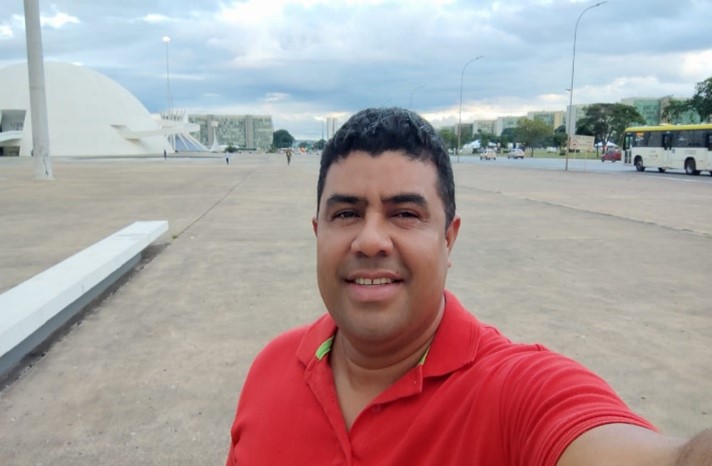
Pedro Paulo Xerente
Anthropologist, Principal Investigator at the Institute of Social Sciences, University of Lisbon. She did her PhD in Social and Cultural Anthropology at the University of Coimbra (2003). Her fieldwork research among the indigenous people Tupinambá de Olivença in Brazil included coordinating the anthropological report to demarcate the indigenous land (1997-2009). Her research topics are on personhood, indigenous people’s territorialities, ancestorship and historicities in the indigenous Atlantic. Since 2012 also among the Fataluku (Timor-Leste). Since 2022 she is Editor-in-Chief of Tipití: Journal of the Society for the Anthropology of Lowland South America.
Deputy Director at the Sydney Environment Institute and Professor of Environmental Humanities in the School of Humanities, University of Sydney, Australia. As a field philosopher and writer, Thom’s research and writing focuses on the many philosophical, ethical, cultural, and political issues that arise in the context of species extinction and human entanglements with threatened species and places.
Ethics advisory board
Senior Lecturer in environmental, climate change, multispecies and indigenous politics at the University of Otago, New Zealand. Her research focuses on the ways in which academic political theory, and particularly theories of justice, continue to perpetuate injustice for some groups of people (with a focus on the Māori) and the environment.
Independent scholar in the field of animal geographies and an expert consultant as a witness social geographer in criminal defence mitigation. Julie is a qualitatively trained geographer interested in how place shapes the ethical relations between humans and between humans and nonhuman animals.
Reader at the Department of Sociology, Goldsmiths, University of London. She is a visual sociologist best known for her research and practice on childhood publics, children’s visual cultures, children’s archives, multimodal ethnography, and publics creating methodologies.
Affiliated Researchers
Patrícia Vieira is a Senior Researcher at the Center for Social Studies (CES) at the University of Coimbra and a Full Professor in the Department of Spanish and Portuguese at Georgetown University (USA). Her research areas are Iberian and Latin American Literature and Cinema, Utopian Studies, and Environmental Humanities. Her most recent books are States of Grace: Utopia in Brazilian Culture and the co-edited book The Mind of Plants: Narratives of Vegetal Intelligence (Synergetic Press, 2021). Patrícia is currently the Principal Investigator of the ECO project – Animals and Plants in Cultural Productions about the Amazon River Basin, funded by a Consolidator grant from the European Research Council (ERC).
Sádiya Munir (ORCID0000-0003-2046-688X) is a PhD candidate in Communication Studies at the Faculty of Human Sciences – Catholic University of Portugal, awarded with a Studentship from the Portuguese Foundation for Science and Technology – FCT (2023.00951.BD). She holds a Master’s degree in Political Science and International Relations and a Bachelor’s degree in International Relations. She is a researcher at CECC - Research Centre for Communication and Culture, Catholic University of Portugal.
Sádiya has collaborated as a research assistant on ABIDE from July to September 2023, with responsibilities including the collection and analysis of news (Público, Correio da Manhã, TVI, and RTP) occurring from June to October 2022 concerning fires, disasters, and animals in Portugal. Her PhD thesis focuses on news consumption and news avoidance of Portuguese young adults (aged 18-24).
Her areas of interest are media and politics, political communication, news, and democracy.
Partners
ECO is a research project funded by the European Research Council of the European Commission,hosted by the Centre for Social Studies of the University of Coimbra, that seeks to understand how different cultural productions depicting Amazonia lend a voice to animals and plants and reveal the interdependence of humans and non-humans.
ECO develops the concept of zoophytography to describe the inscription of non-human beings in different cultures, thus decentering humanity as the sole source of meaning-making.
At a time when the Amazon and its peoples are increasingly threatened by large-scale logging and forest fires associated to extractivist industries such as mining, oil drilling, agribusiness, and so on, that regard the biosphere as a mere resource at the service of humanity, ECO aims to uncover other, non-imperialistic views on animals and plants in the region.
The Serra da Estrela Interpretation Centre (CISE) is a structure of the Municipality of Seia dedicated to the promotion of knowledge and dissemination of the environmental heritage of Serra da Estrela, whose main objectives are to promote activities in the field of nature interpretation, to support scientific research, to develop environmental education projects and to promote nature tourism.
CERVAS is located in Gouveia and is part of the Serra da Estrela Natural Park / ICNF. It is run by the ALDEIA Association, with the support of ANA - Aeroportos de Portugal, Fundo Ambiental, the Gouveia Municipality and other partners. The centre's main objective is to receive injured and debilitated wild animals of protected native species, with a view to their recovery and return to nature. At the same time, the centre carries out research, monitoring, and protection of wildlife, as well as environmental education, with the aim of contributing to the population's greater knowledge of biodiversity.

to build an interdisciplinary team, based on openness, understanding and support, where all may flourish


Funded by the European Union (ERC, ABIDE, nº 101043231). Views and opinions expressed are however those of the author(s) only and do not necessarily reflect those of the European Union or the European Research Council Executive Agency. Neither the European Union nor the granting authority can be held responsible for them.

